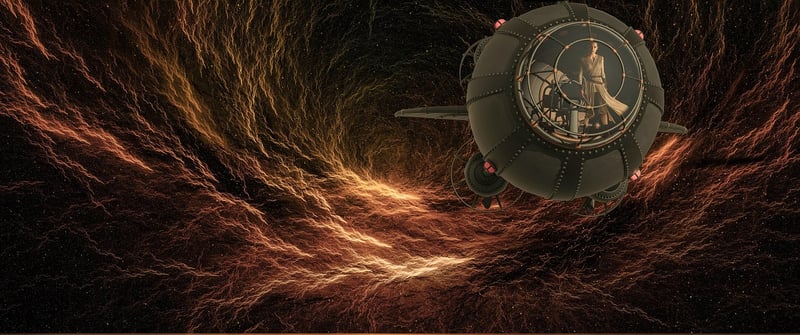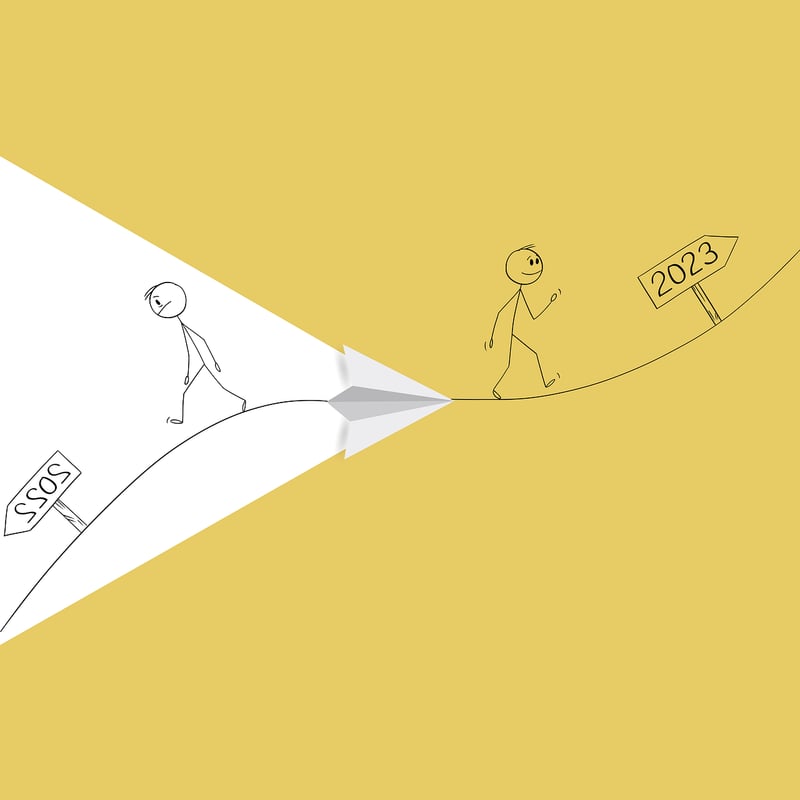Changing the Future
The Mechanics of Time Travel and Changing the Future
Time travel has long been a fascinating concept in science fiction, but is it really possible? Let's delve into the mechanics of time travel and explore the intriguing idea of changing the future.
Theoretical Basis of Time Travel
According to Einstein's theory of relativity, time is not a constant, but rather a dimension that can be bent and manipulated. This forms the basis for the possibility of time travel. Concepts like wormholes, black holes, and time dilation play a role in understanding how time travel could theoretically work.
Types of Time Travel
There are various theories proposed for time travel, including:
- Forward Time Travel: Travelling into the future by accelerating to speeds close to the speed of light, causing time dilation.
- Backward Time Travel: Moving backwards in time, which is more complex and involves concepts like closed timelike curves and wormholes.
Paradoxes and Changing the Future
One of the most famous paradoxes associated with time travel is the grandfather paradox, where a time traveler could potentially prevent their grandparents from meeting, thus preventing their own existence. This raises questions about the feasibility of changing the past and altering the future.
Changing the Future
While the idea of changing the future through time travel is intriguing, it also poses significant challenges. The concept of the butterfly effect suggests that even small changes in the past could have drastic effects on the future, making it unpredictable and potentially dangerous to alter the timeline.
Conclusion
Time travel remains a fascinating subject that captures the imagination of many. While the theoretical basis for time travel exists within the realm of physics, the practicality and ethical implications of changing the future through time travel are complex and uncertain.
Explore more about time travel and its implications to unravel the mysteries of the universe!

Image Source: Pixabay
